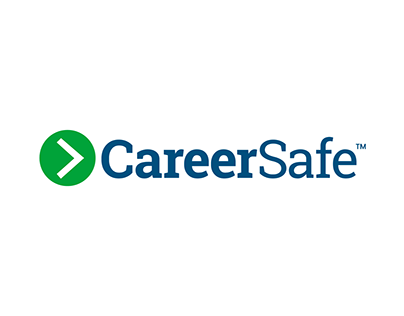 CareerSafe
CareerSafeOSHA 10-Hour General Industry
Program Details & Enrollment Information
Learn everything you need to know about the program and how to take the first step toward enrollment.
Program Overview
OSHA 10-Hour General Industry Course Program
Our OSHA 10-Hour General Industry course provides training for entry-level workers on the recognition, avoidance, abatement, and prevention of safety and health hazards in workplaces, as well as information regarding workers' rights and employer responsibilities. This OSHA training helps to ensure that workers have the knowledge they need to stay safe on the job. Students who successfully complete the CareerSafe OSHA 10-Hour General Industry course receive a US Department of Labor OSHA 10-Hour General Industry card—a credential that holds value for a lifetime.
Program Objectives
- Introduce participants to OSHA policies, procedures, and standards.
- Enhance awareness of workplace hazards and prevention strategies.
- Equip participants with the skills necessary to identify and mitigate potential safety risks.
- Promote a culture of safety and health in the workplace.
Curriculum Overview
- Introduction to OSHA: Understanding the role and responsibilities of OSHA in workplace safety.
- Walking and Working Surfaces: Identifying and managing hazards related to floors, walkways, and platforms.
- Emergency Action Plans: Preparing for and responding to workplace emergencies.
- Hazard Communication: Understanding chemical hazards and the importance of proper labeling and safety data sheets.
- Electrical Safety: Recognizing and preventing electrical hazards in the workplace.
- Personal Protective Equipment: Selecting and using appropriate protective gear to minimize exposure to hazards.
This course offers a foundational understanding essential for fostering a safe work environment and is an excellent opportunity for individuals committed to workplace safety.
Potential Career Opportunities
- Safety Coordinator
- Compliance Officer
- Industrial Hygienist
- Environmental Health and Safety Specialist
- Safety Trainer
- Risk Management Specialist
- Construction Safety Officer
- Loss Control Consultant
- Safety Inspector
- Occupational Health and Safety Technician
Skills you will gain
- Accident Prevention
- Emergency Response
- Ergonomics
- Fire Safety
- Hazard Identification
- Workplace Safety
- Personal Protective Equipment
- Electrical Safety
- Osha Regulations
- Chemical Hazard Communication